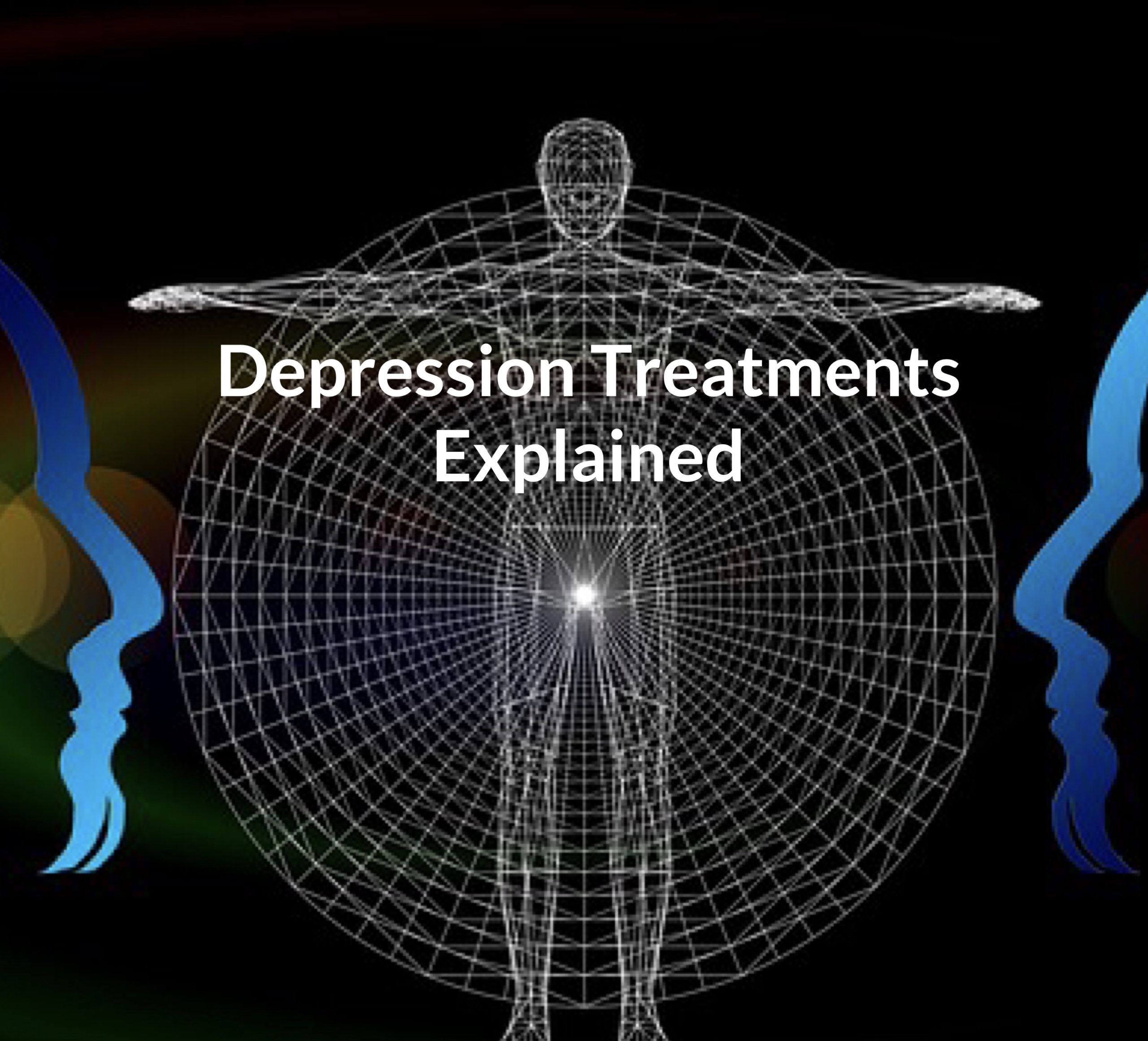
Treatments for Depression Explained
There are many different treatments for mental health disorders like depression. It can make it confusing when seeking treatment. The most common form of depression is called Major Depressive Disorder (MDD). This diagnosis is given when someone has experienced debilitating symptoms of sadness for more than two weeks. The most important thing to remember about mental health disorders is that the symptoms experienced can vary from individual to individual. There are 9 major symptoms of MDD. A person only needs 5 to be diagnosed.
Why is there is so much variability in depression mental health disorders? Mental health disorders are multifaceted and can have multiple causes. There are a number of genes and environmental factors that increase an individual’s likelihood of being diagnosed and this makes each case equally complicated to treat.
Common Treatments
Studying the brain helps us understand what is going on in mental health disorders and find treatments. It has been found that those with prolonged years of depression have changes in their brain structure and activity. Medication has been developed in order to help regulate the neurochemical balance that might have become modified over time. Many studies suggests there is a lack of regulation of dopamine and serotonin. This is why many antidepressants target those neurotransmitters. These medications often work best in conjunction with cognitive behavioral therapy (CBT) as a person builds the skills to cope with their depression. Eventually they can be weaned off of medication. It has also been found that those with depression have reduced brain activity in certain areas. This is why stimulating brain activity through carefully modulated electroconvulsive therapy (ECT) has been found to be so effective. It looks to increase brain activity in those with very severe, long-term depression.
How is it helpful?
Everything that we do including our behaviors and thoughts can modify our brain architecture positively or negatively, which is why CBT is so helpful. With the help of a therapist, a person can develop long term techniques to work through depression and increase the self-awareness to take better control of their own thoughts and feelings. CBT is very helpful because it works on curating and changing your negative thought patterns and adjusting how you respond in stressful situations.
There are many different ways to combat mental health disorders and each patient is different. If you or someone you know is struggling with a mental health disorder, like depression or anxiety, please contact the professional team at Lifeline Connections. You can visit Lifelineconnections.org, our Services & Locations information, or call (360) 397-8246 for more information.
